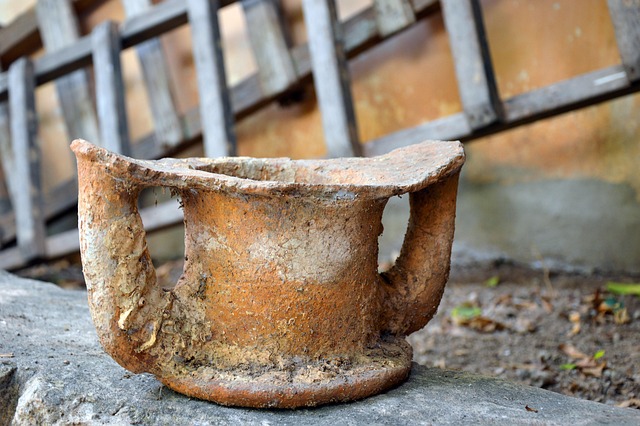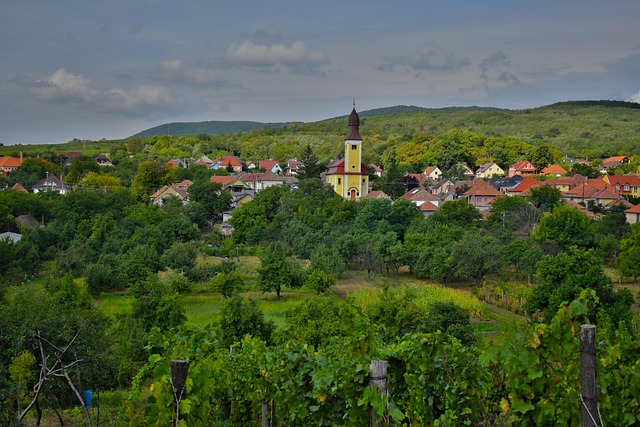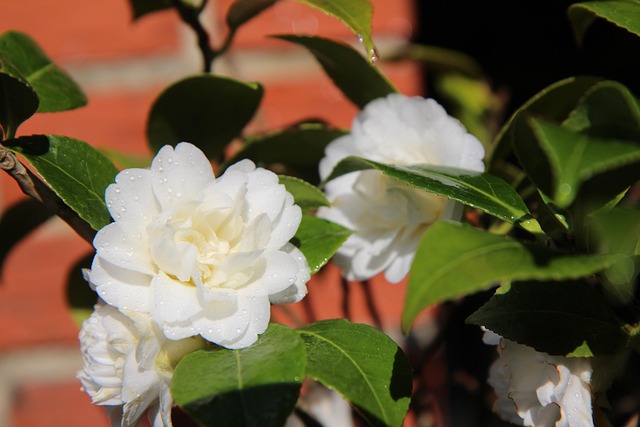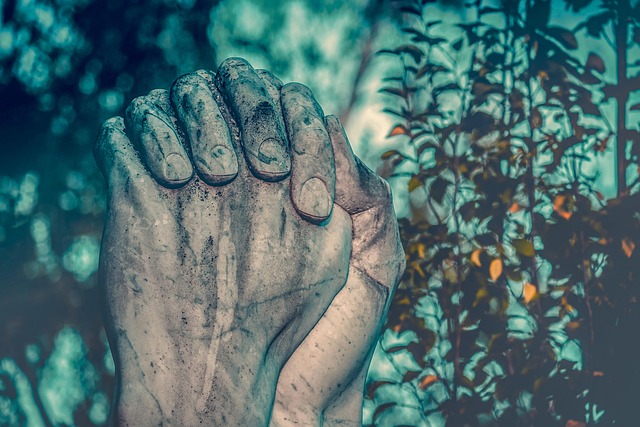Exploring the Religious Roots of the Phoenician Festival: A Dive into Holiday History
The Phoenician civilization, renowned for its seafaring prowess and trade networks, harbors a rich tapestry of religious practices that are intrinsically woven into its festivals. These celebrations not only marked seasonal changes but also served as a divine homage to the deities worshiped by the Phoenicians. Understanding the religious roots of the Phoenician festival reveals the deep emotional resonance these events hold for practitioners, reminding us of our own connections to spirituality during communal celebrations.
At the heart of Phoenician festivities were the veneration of gods such as Baal and Astarte, deities representing fertility, war, and the natural elements. These gods were often depicted in ornate sculptures and temples, and their worship was closely associated with the agricultural calendar. The festivals coincided with planting and harvest times, allowing communities to express gratitude and seek blessings for abundance. For many Phoenicians, participating in these events fostered a profound sense of unity and belonging, as families and neighbors gathered to honor their divine protectors.
Rituals during these festivals could vary widely, but they often included music, dance, and theatrical performances that invoked mythological narratives. Participants would engage in collective prayers and offerings, creating an atmosphere of reverence and joy. This sense of togetherness echoes strongly in modern communal traditions, where shared experiences during holidays can evoke feelings of nostalgia and connectedness with the divine.
The Phoenician festival was not purely a celebration of abundance; it also served as a reminder of the delicate balance between humankind and nature. The rituals often included sacrifices, highlighting the interdependence between the community and the gods. These acts of devotion were not just for the sake of appeasing the deities, but also for reinforcing the social fabric of Phoenician society. As participants walked in procession, adorned with flowers and symbolic attire, they were embodying a spiritual legacy that recognized the importance of harmony within their environment.
As we delve deeper into the practices that shaped these festivals, it becomes evident that the Phoenician approach to spirituality was not confined to the religious site. It permeated every aspect of daily life, influencing art, trade, and interpersonal relationships. This holistic perspective on religion is a poignant reminder for us today, to engage fully with our own spiritual practices and the communities we inhabit. The emotions tied to these celebrations resonate even now, as we search for meaning in our own holiday experiences.
Exploring the religious roots of the Phoenician festival offers us a window into the enduring power of communal celebrations. Each ritual, each prayer, represents a connection that transcends time, drawing past and present believers closer together. As contemporary society continues to evolve, the foundational elements of these ancient holidays can still be embraced, fostering unity and shared purpose among us. Through this exploration, we unearth the beauty of ritual—the timeless essence of humanity’s quest for connection with the divine.




